The central principles of what today is broadly known as political liberalism were made current in large part by Locke's Second Treatise of Government (1690). The principles of individual liberty, the rule of law, government by consent of the people, and the right to private property are taken for granted as fundamental to the human condition now. Most liberal theorists writing today look back to Locke as the source of their ideas. Some maintain that religious fundamentalism, "post-modernism," and socialism are today the only remaining ideological threats to liberalism. To the extent that this is true, these ideologies are ultimately attacks on the ideas that Locke, arguably more than any other, helped to make the universal vocabulary of political discourse.
Second Treatise of Government (Unabridged)
Kom i gang med denne boken i dag for 0 kr
- Få full tilgang til alle bøkene i appen i prøveperioden
- Ingen forpliktelser, si opp når du vil
Forfatter:
Oppleser:
Språk:
engelsk
Format:

Le Petit Héros
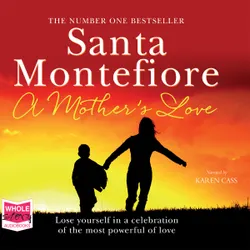
A Mother's Love
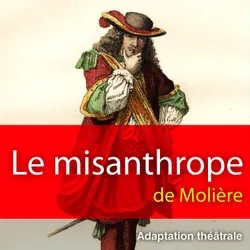
Le Misanthrope

Main Street
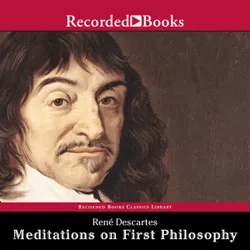
Meditations on First Philosophy

Victoria

Om dyr og syn : roman
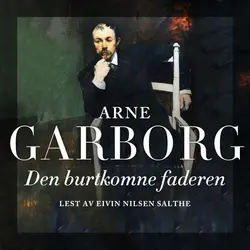
Den burtkomne faderen
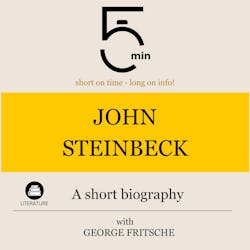
John Steinbeck: A short biography : 5 Minutes: Short on time - long on info!
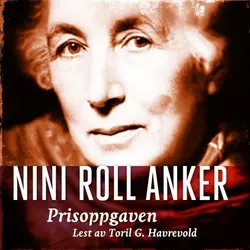
Prisoppgaven

Østenfor sol, vestenfor måne og bakom Babylons tårn! : streif på jaktgebetet

Byens fedre
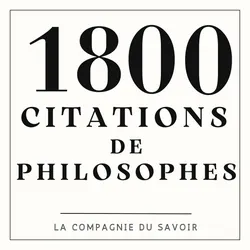
1800 Citations de philosophes

50 citations de John Locke
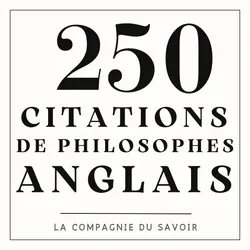
250 citations de philosophes anglais
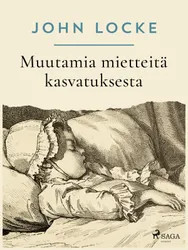
Muutamia mietteitä kasvatuksesta

50 Meisterwerke der Philosophie : Metaphysik, Das Gastmahl, Bhagavadgita, Tractatus logico-philosophicus, Kritik der reinen Vernunft, Also sprach Zarathustra, Selbstbetrachtungen von Marcus Aurelius
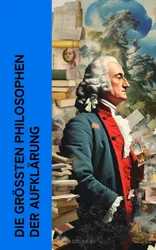
Die größten Philosophen der Aufklärung : Neues Organon, Kritik der reinen Vernunft, Der Gesellschaftsvertrag, Candide, Monadologie, Mathematische Principien der Naturlehre
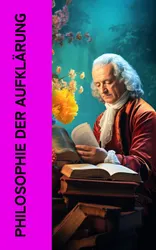
Philosophie der Aufklärung : Die wichtigsten Werke von Immanuel Kant, John Locke, Rousseau, Voltaire, Denis Diderot, David Hume, Leibniz, Johann Gottfried Herder
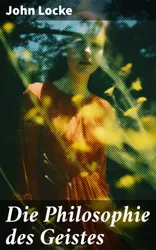
Die Philosophie des Geistes : Bereicherte Ausgabe. Entdecken Sie Lockes faszinierende Analyse des menschlichen Verstandes und die Natur des Bewusstseins in dieser bahnbrechenden philosophischen Arbeit
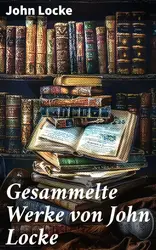
Gesammelte Werke von John Locke : Bereicherte Ausgabe. Brief über die Toleranz + Ein Versuch über den menschlichen Verstand + Gedanken über Erziehung

Meisterwerke der Weltphilosophie : Das Gastmahl, Nikomachische Ethik, Also sprach Zarathustra, Utopia, Phänomenologie des Geistes, Neues Organon, Selbstbetrachtungen
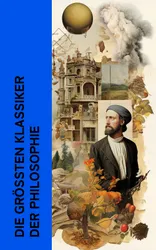
Die größten Klassiker der Philosophie : Also sprach Zarathustra, Utopia, Phänomenologie des Geistes, Neues Organon, Selbstbetrachtungen, Das Gastmahl, Nikomachische Ethik
